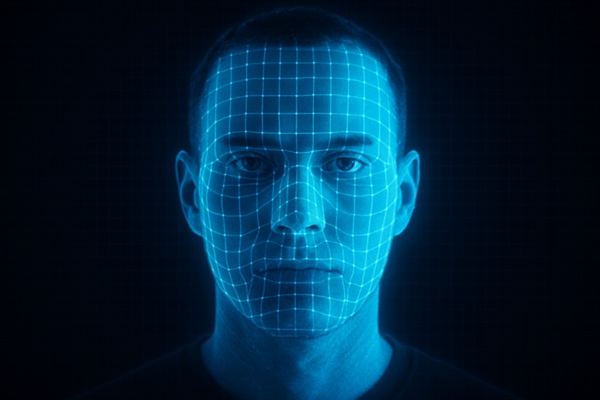The days of fumbling for a paper boarding pass—or refreshing a QR code at the gate—may soon be over. Airports around the world are gearing up for a major shift: replacing physical tickets with your face.
According to a New York Times report, the International Civil Aviation Organization (ICAO) is developing a system that allows travelers to upload their passport details to a smartphone before their trip. At the airport, facial recognition cameras would then verify their identity using a secure “Digital Travel Credential.” No paper, no QR code—just a glance at a camera.
Think of it as a fast-track through security, immigration, and boarding. ICAO says the system could be ready for global rollout in as little as two to three years.
However, privacy concerns remain. Critics worry about data security and surveillance, especially in regions with weak privacy protections. ICAO claims the system deletes facial data almost immediately after verification, but experts remain cautious, pointing to risks like data leaks and facial recognition biases.
Some airports are already testing the tech. In the U.S., select terminals allow boarding via face scan. Across Europe and Asia, biometric gates are being piloted for immigration checks. ICAO’s goal is to unify these fragmented efforts into one global standard.
For tech lovers, it’s a sci-fi dream: walk into an airport, scan your face, and head straight to your seat. For others, it feels more dystopian, raising concerns about constant tracking and consent.
Either way, the traditional boarding pass may soon be a relic of the past. In its place? A new travel era—where your face is your ticket.
READ ALSO: Here are 10 predictions for digital identity in 2025
READ MORE TRAVEL NEWS.





